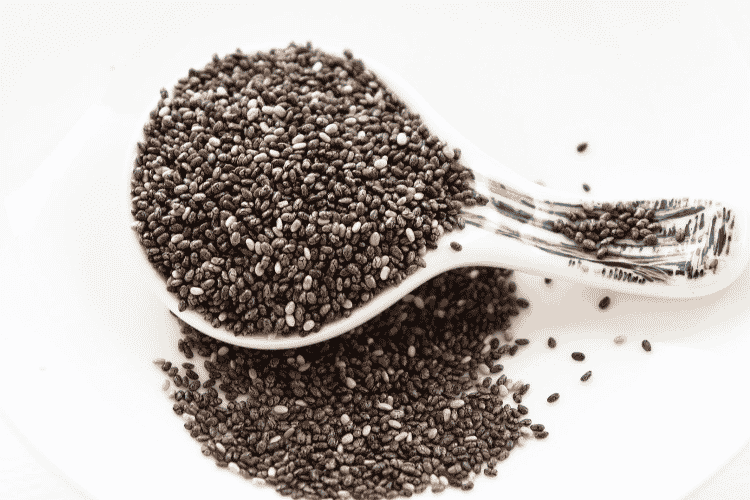
10 Tips On How to Easily Start the Mediterranean Diet
Table of Contents
How like a Greek
At this point, you probably already know that the Mediterranean diet is good for your health. Research proves over and over again that people who put an emphasis on produce, fish, whole grains, and healthy fats not only weigh less, but also have a decreased risk for heart disease, depression, and dementia. So what are you waiting for? Here are the basics: Shop the market perimeter, eat seasonally, and break (whole-grain) bread with people who make you smile. Now for the nitty-gritty.

Eat lots of fruit and vegetables
Fresh, non-starchy produce is the star of this diet. Eat 5 to 10 servings a day (a half-cup cooked or 1 cup raw equals one serving).

Pick on the healthy fats
Olives and their oil are cornerstones; go for four to six servings per day (a serving could be 1 tsp. of olive oil, 5 olives or 1/8 of an avocado). Olive oil delivers healthy monounsaturated fats and plant compounds called polyphenols.

Choose seeds, nuts, and legumes
These are a great source of fiber and protein; nuts and seeds also provide healthy fats and antioxidants. Eat a serving of legumes (1/2 cup, cooked)—found in hummus or lentil soup—at least twice a week and a small portion of nuts daily (about 1 Tbsp., or 10 to 12 almonds or walnut halves).
Eat healthy fats
Aim to eat a 4-oz. serving of fish (about the size of a checkbook) two to three times a week. Eggs are also on the menu: Whip them into a vegetable frittata. Lean meat and poultry are OK, too, in moderation.

Eat dairy
Work in dairy from cultured milk (kefir, yogurt, fresh curd cheeses like ricotta); it’s easier to digest and supplies beneficial bacteria that contribute to digestive health. Enjoy one to three servings daily (a serving is 1 cup of milk or yogurt or 1 oz. of cheese).

Get grain-smart
Refined carbs lack nutrients and can wreak havoc on your blood sugar. Whole grains are best; have four small daily portions of whole-wheat bread, or try a pasta made from quinoa. And always eat grains with healthy fats and protein. Incorporate sprouted or fermented grains (hello, sourdough!) for easier digestion and better nutrient absorption. Or look for creative ways to swap out grains, such as using spaghetti squash in place of noodles.

Add lot’s of healthy herbs and spices
They’re full of plant compounds with antioxidant and inflammation-fighting effects.

Be smart about the drinks you choose
Make water a go-to. Many Mediterranean sip espresso after meals to aid digestion. In North Africa, they choose antioxidant-rich green tea combined with mint for the same reason.

Fish platter
Broaden your horizons
By following the seasons, you’ll broaden the range of nutrients you take in over the year.

Eat with family and friends
Relaxed meals with family and friends are a core part of life in this region. This positive attitude toward eating helps improve digestion and lower stress, too.







